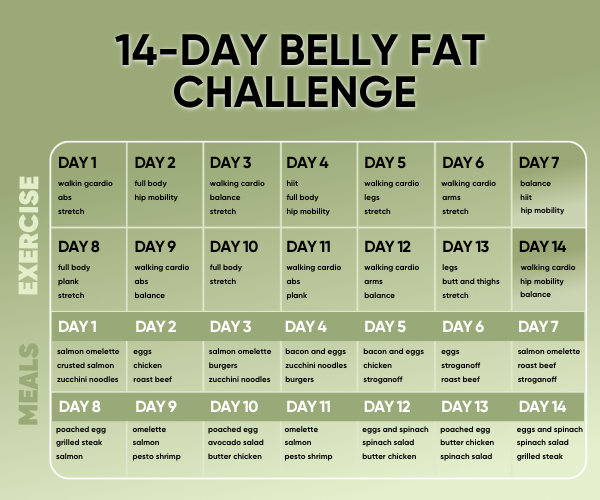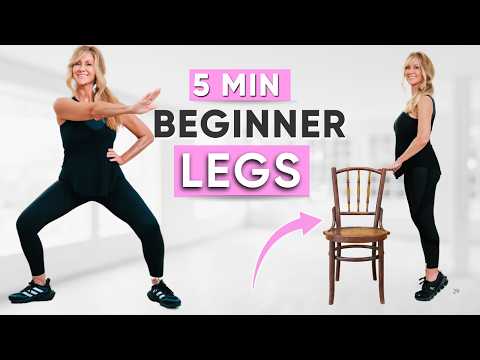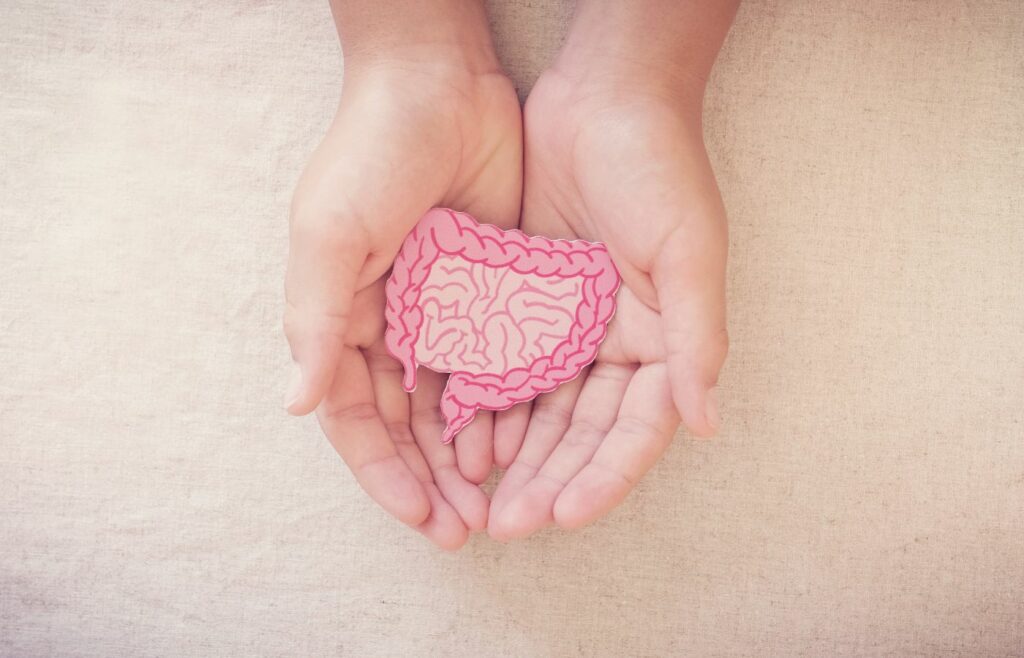
As we get older, it becomes more and more important to live a healthy life, especially for women over 50. With so many health trends and diet fads out there, it’s easy to get overwhelmed and confused about what’s best for our bodies.
Gut cleansing and detoxing are two popular ways to improve health. But which option is right for women over 50?
The answer depends on what each person wants and needs.
A gut cleanse aims to improve the health of your digestive system by getting rid of waste and bad bacteria and encouraging the growth of good bacteria. A healthy gut is important for overall health because it helps you absorb nutrients, keep your immune system working well, and even keep your mind healthy.
On the other hand, detoxification aims to get rid of toxins in the body by helping the liver and kidneys do their job of getting rid of toxins naturally.
Let’s break down the differences between a gut cleanse and a detox so you can make an informed choice.
What’s a Gut Cleanse?
A gut cleanse focuses on digestive health. It removes toxins and waste from your digestive tract. You can do this by changing your diet, taking supplements, and using other natural methods.
The goal is to get the balance of good and bad bacteria back in your gut, which is important for digestion and nutrient absorption.
Gut cleansing is good for your health in many ways. You can improve nutrient absorption and have more energy by removing harmful substances from your digestive system.
Since most of your immune cells are in your gut, a healthy gut supports your immune system. Gut cleansing also helps with bloating, gas, constipation, and diarrhea. It also boosts metabolism and reduces food cravings, aiding weight loss.
Gut cleansing has many benefits, but there are risks. As the body gets used to the changes, you may have short-term digestive problems like bloating, gas, or diarrhea.
You may also have an allergic reaction or interact with other medications if you use supplements or other products to support your gut cleanse. Before beginning a supplement regimen, consult a doctor.
What Does Detox Mean?
Detoxification, or simply detox, is a practice that aims to rid your body of harmful substances. These substances can include environmental toxins, heavy metals, and chemicals found in food, water, and air.
Usually, a detox is made up of changes to your diet, supplements, and way of life that help your body’s natural detoxification processes. The main organs that get rid of toxins are the liver, kidneys, lungs, and skin.
Detoxing has many health benefits that can help improve your overall health. You can improve your immune system, digestion, and energy by getting rid of things that are bad for you.
Detoxing can also help you lose weight, have clearer skin, and think more clearly. It can also make you less likely to get a long-term illness by reducing inflammation and oxidative stress in your body.
How to Detox Your Gut?
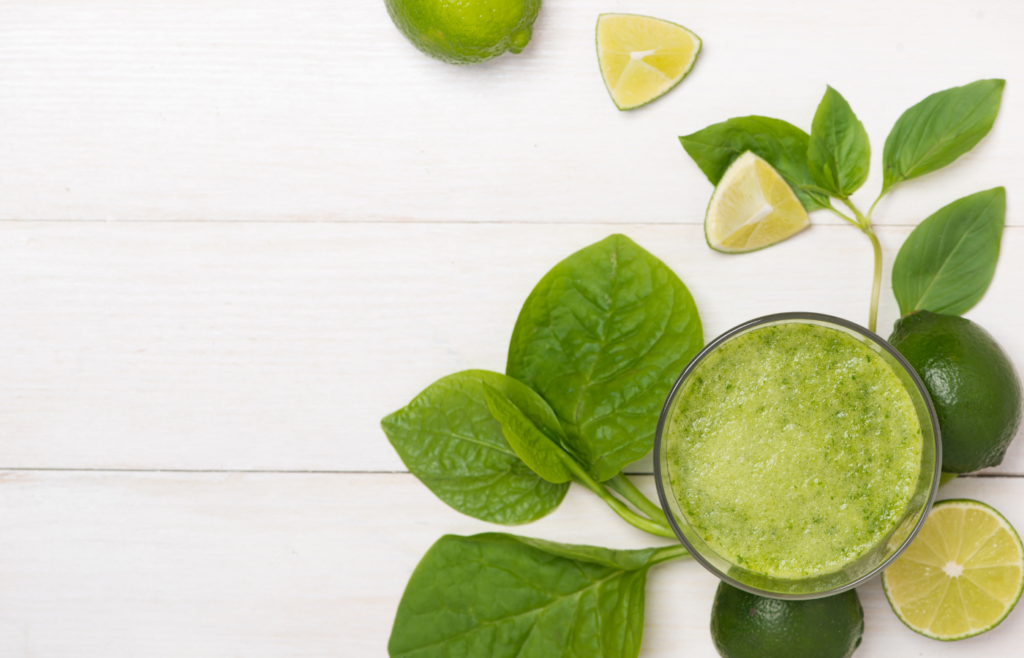
In the complex world of gut health, eating naturally can make a difference. Over millions of years, our guts have evolved to thrive on whole foods. We snack all the time now, and there are signs that our bodies may not be designed for this. But, could intermittent fasting improve gut health?
Even though the idea of natural colon cleansing is a great one, the fact is that our modern lifestyle, which is full of stress, pollution, and foods that are low in nutrients, often puts us at a disadvantage.
But how does our food affect the complex ecosystem in our guts? It turns out that changing the way we eat is the most powerful thing we can do to keep our guts healthy. There are over 1,000 different kinds of bacteria in our intestines, and together they make up a staggering 100 trillion bacteria.
The foods we eat are very important to the health of these microbial communities. In some ways, bacteria are like people in that they have different tastes when it comes to what they eat.
We can foster the growth of beneficial bacteria by eating a diet designed to support a healthy gut. The right combination of whole foods and nutrients helps these microscopic allies thrive, which improves our health.
The relationship between what we eat and the complex ecosystem of the gut shows how important nutrition is for improving gut health.
READ ALSO: What to Know About Intermittent Fasting During Menopause
Similarities Between Gut Cleanse and Detox
Gut cleanse and detoxification are similar when it comes to improving our health. These practices differ in approach but share goals and methods.
A gut cleanse and detox aim to remove toxins and balance the body. These practices remove toxins, waste, and unhealthy substances to improve health. The goal is to detoxify and optimize the body, regardless of the method.
A gut cleanse and detox share dietary changes. Both practices encourage eating nutrient-rich, whole foods and avoiding processed and unhealthy ones. This diet change provides vitamins, minerals, and antioxidants to rejuvenate cells and support organ function.
Both gut cleansing and detoxification protocols use supplements and natural remedies. These supportive supplements help the body’s cleanse and restore balance, from herbal blends and probiotics to targeted vitamins and minerals. Gut cleansing and detoxification practices synergistically boost their benefits by using nature’s remedies.
Beyond toxin removal, these practices have benefits. Gut cleansing and detoxification can have positive effects throughout the body. These holistic methods may boost energy, digestion, immunity, and mental clarity. Individuals can unlock their bodies’ potential for vitality and well-being by addressing toxicity and imbalance.
Gut cleansing and detoxification are similar. We revitalize our lives by aligning our intentions with shared goals and embracing these transformative journeys.
Key Differences Between Gut Cleanse and Detox
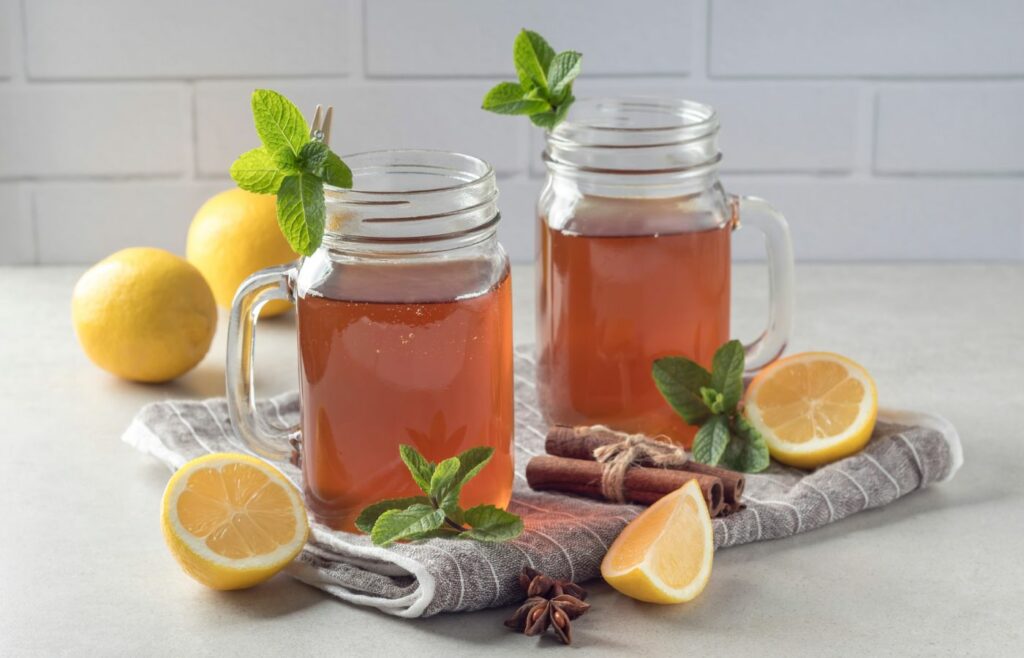
It’s important to know the difference between a gut cleanse and a detox, even though they have similar goals. If you know the difference, you can adjust your approach to meet your health goals.
A gut cleanse works on the digestive system to restore balance and promote gut health. A gut cleanse helps your body digest food and absorb nutrients by balancing the good and bad bacteria in your gut ecosystem. Detoxification, on the other hand, cleans the body and makes it healthier.
Both a gut cleanse and detox are ways to get rid of harmful substances, but they work in different ways. Gut cleanses focus on keeping the balance of bacteria in the gut. It is important for digestion, immune function, and overall health to restore the delicate balance between good and bad bacteria.
Detoxification, on the other hand, helps the liver and kidneys detoxify.
Getting rid of waste and toxins from the colon is a common part of gut cleansing. This targeted approach helps with constipation and digestive health. But detoxification helps the liver and kidneys do their job of filtering and getting rid of toxins. Herbal supplements, nutritional support, and lifestyle changes help the body detoxify naturally.
You can choose the right method for them if they know the differences between a gut cleanse and a detox. When you understand the differences, they can start a journey that changes you in a way that fits your needs, like restoring gut health or doing a whole-body cleanse.
When we understand the differences between a gut cleanse and a detox, we can explore wellness and self-discovery in new ways. A gut cleanse or detox can help you feel healthier, more energetic, and more in tune with yourself.
READ ALSO: 6 Ways Intuitive Eating Empowers Women During Menopause
Choosing the Right Option For You
As women enter the remarkable stage of life beyond 50, prioritizing gut health becomes increasingly important for overall well-being and vitality.
The question arises: which approach—gut cleanse or gut detox—is the right choice for women in this transformative phase?
Optimizing gut health is the goal of a gut cleanse and detox. However, their approaches and emphases differ, so it’s important to understand their benefits for women’s health after 50.
Cleansing the gut balances and improves function. This approach helps women with digestive issues, gut flora imbalances, or nutrient absorption issues. A gut cleanse targets the digestive system to rebalance the microbiome and aid in nutrient absorption. This can help women with bloating, gas, or irregular bowel movements. For women over 50, a gut cleanse may improve gut health and provide targeted relief.
However, gut detox targets the body’s detoxification processes. It recognizes the interconnectedness of organ systems like the liver and kidneys, which remove toxins from the body. Detoxification pathways become more important as women age. Gut detoxes remove toxins, improve liver health, and boost detoxification. This comprehensive approach may be beneficial for women over 50 looking to support their overall health and well-being.
When choosing a gut cleanse or gut detox, consider health goals, health conditions, and preferences. A gut health specialist or registered dietitian can help you make the right choice.
Regardless of the approach, gut health requires a nutrient-dense diet rich in fiber, whole foods, and hydration. Gut health after 50 depends on a positive relationship with food, stress management, and a healthy lifestyle.
READ ALSO: 20 Foods to Eat (or Avoid) During Menopause
Frequently Asked Questions About Gut Cleanse and Detox
A gut cleanse or detox should last how long?
Gut cleanses and detoxes vary in length depending on your needs and method. Some programs last a few days; others last several weeks. Consult a healthcare professional to determine the right length for you.
Can I detox and cleanse my gut simultaneously?
Due to their similarities, a gut cleanse and detox can be done together. However, you should consult a healthcare professional before combining these practices to create a safe and effective plan for your needs.
What foods should I avoid during a gut cleanse or detox?
During a gut cleanse or detox, avoid processed foods, refined sugars, alcohol, caffeine, and saturated fats. Instead, eat whole, nutrient-dense foods like vegetables, fruits, lean proteins, and healthy fats. For personalized diet advice, consult a doctor or nutritionist.
Is a gut cleanse and detox safe?
Gut cleanse and detox have health benefits but also risks and side effects. As their bodies adjust, some people may have bloating, gas, or diarrhea. You also risk allergic reactions or drug interactions if you use supplements or other products to support your gut cleanse or detox. Before starting a new supplement regimen, consult a doctor.
Closing thoughts
A detox and gut cleanse can improve your health. While they have some similarities, they also have some key differences, so it’s important to choose the option that best fits your health needs and goals. Consult a doctor or nutritionist to create a safe and effective gut health plan. The right approach can improve digestive health, the immune system, energy, and chronic disease risk.

